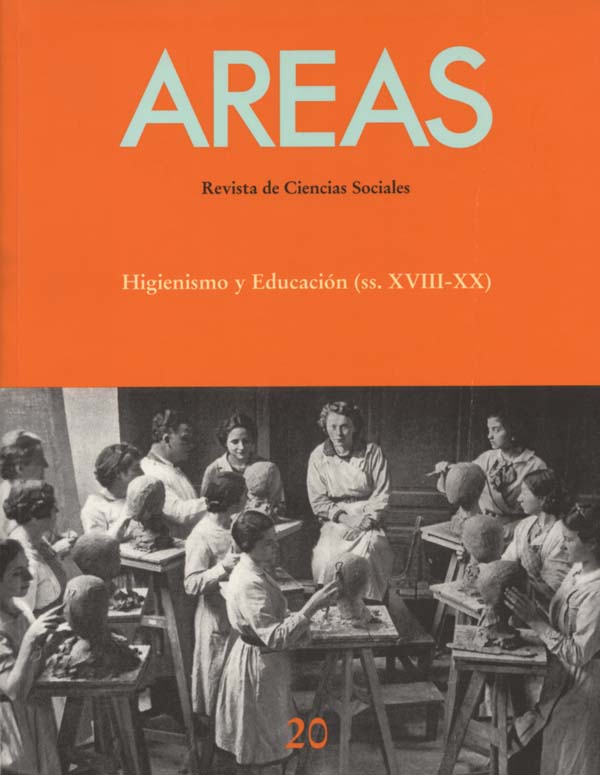JUDGES, PSYCHIATRISTS AND SOCIAL WELFARE. FROM INCOMPATIBLE MARRIAGE TO A MENAGE À TROIS
Abstract
Starting from the assertion that the feelings toward poor and poverty are cultural and historical constructions, in this paper the policies of classification, management and treatment of pauperism are analyzed beginning whith their vigilance and control until their confinement, or the configuration of social agencies and professions specifically devoted to that object. The management of poverty in the XIXth century will be a matter of scientific projects which from the eugenics -in its more extreme versions- or the hygienism -in its more moderare ones-, will be the origin of a series of disciplinary techniques and measures applied by, at least, the following professional fields: judgeship, psychiatry, and the social welfare. In this "menage a trois" the policy of families -specially of women and children at risk-, and the control ot their privacy, will be the task of social welfare, and the definition of transgressions and delinquents, transforming the legal judgement in a clinic diagnostic, will be the task of judges and psychiatrists.Downloads
Download data is not yet available.
Metrics
Views/Downloads
-
Abstract306
-
PDF (Español (España))150
22-01-2012
Rendueles Olmedo, G. (2012). JUDGES, PSYCHIATRISTS AND SOCIAL WELFARE. FROM INCOMPATIBLE MARRIAGE TO A MENAGE À TROIS. Areas. International Social Science Journal, (20), 121–138. Retrieved from https://revistas.um.es/areas/article/view/144691
Artículos
The published works by this Journal are subject to the following terms:
1. The Publication Service of the University of Murcia (the Editor) owns the copyright of its publications. It promotes and allows its use under the indicated licence in Section 2.
© Servicio de Publicaciones, Universidad de Murcia, 2011
2. Papers are digitally published under the licence Creative Commons Reconocimiento-NoComercial-SinObraDerivada 3.0 España (legal text). They can be copied, used, disseminated, transferred and publically presented if: i) the author is quoted, as well as the original source of publication (Journal, editorial and URL); ii) they are not used for commercial purposes; iii) the licence of use is mentioned.
3. Auto-file Conditions. It is allowed and authors are encouraged to digitally disseminate their pre-print versions (versions prior to review) and/or post-print (reviewed version accepted for its publication) since it promotes its early diffusion and the corresponding increase of quotes and scope within the academic community. RoMEO Colour: green.


